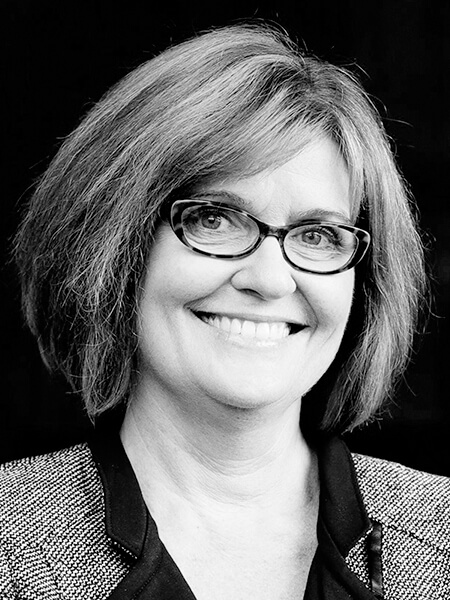Established in 2005 by a gift from the Regenstrief Foundation, Purdue’s Regenstrief Center for Healthcare Engineering (RCHE) emphasizes collaboration among a variety of disciplines in research and outreach. The center is made up of Purdue Healthcare Advisors, the nonprofit outreach arm of RCHE, including over 30 specialists with service lines in health IT security, quality services and lean methodology, as well as several faculty and clinical affiliates, research scientists and IT staff. The team conducts research to improve the quality, accessibility, equity and affordability of health care delivery.
Health and Human Sciences faculty serving on the RCHE leadership team include Kathleen Abrahamson, associate professor of nursing; Sara McComb, professor of industrial engineering and professor of nursing; and Cleveland Shields, professor of human development and family studies.
The center’s mission is to pursue a proactive, patient-centered and wellness-focused health care delivery system by conducting impactful research that leverages partnerships. The focus is on generating evidence for the effectiveness and successful adaptation of interventions and policies.
In May 2018, the Regenstrief Foundation renewed its financial support for the center through a $10 million commitment that supports RCHE from 2019 to 2024.
Half of the funding will be used for operations of RCHE to achieve its mission. The remaining $5 million will be used as matching funds to encourage endowed gifts that will sustain RCHE’s mission and goals. After the matching effort led by Purdue’s University Development Office, a total of $14 million will be available to support faculty through named professorships and students in their research through graduate fellowships and scholarships.
Paul Griffin, RCHE director and the St. Vincent Health Chair and professor in the schools of Industrial Engineering and Biomedical Engineering, says that the funding will support faculty recruitment, undergraduate and graduate student support, and information technology infrastructure. In addition, it allows for increased research funding in the strategic focus areas of data science methods for evidence-based health, systems-based approaches to effectively match health-based resources to need and improving access to vulnerable populations in rural/global areas.
The Regenstrief Center for Healthcare Engineering (RCHE) emphasizes research and outreach collaboration in a variety of disciplines:

Health Analytics
Developing data science-based approaches to personalized care.

Capacity Management
A systems approach to matching health resources to need.

Rural/Global Health
Improving access to care for vulnerable populations.
Source: Purdue Today, June 11, 2018


